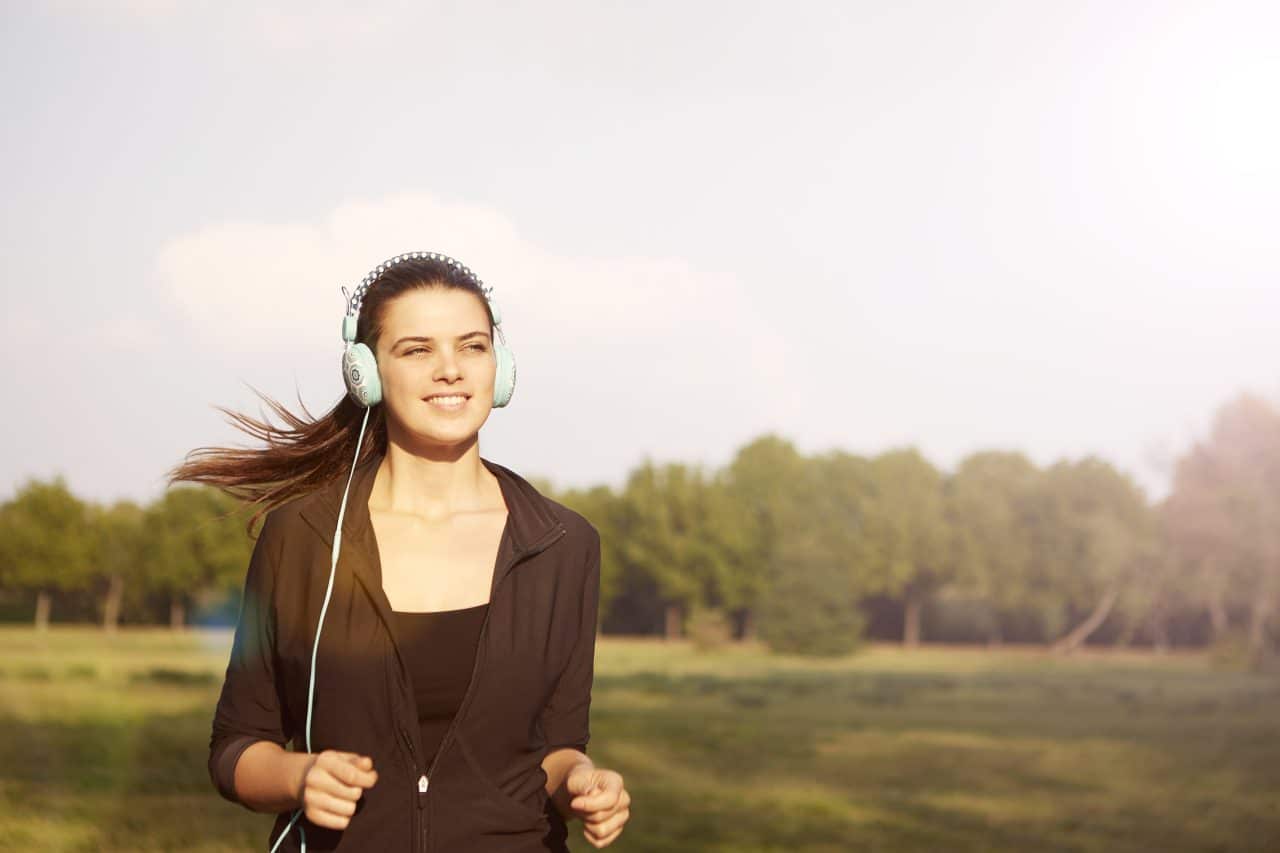Using headphones to listen to music or your favorite podcast is a great way to reduce stress or enhance your walk at Vero Beach Fitness Trail. However, listening at too high a volume can do damage to your ears and lead to problems like hearing loss and tinnitus.
How Noise Can Harm Your Ears

Loud noise can damage the hair cells of the inner ear and lead to hearing loss. Any prolonged exposure to noise 85 dB or louder, which is about the equivalent of city traffic, can put you at risk. The louder the noise, the quicker the cells can become damaged. Volumes above 100 dB can damage your hearing after only 15 minutes. This can lead to permanent noise-induced hearing loss.
Hearing Loss Can Cause Tinnitus
People with hearing loss are more likely to develop tinnitus as well. Tinnitus is often described as a ringing in the ears, though some people experience clicking, buzzing or other noises as well. While for some, tinnitus is mild or comes and goes, others deal with chronic, frequent noise that can interfere with work, socializing and sleep quality and take a toll on their overall health and well-being.
The Dangers of Listening To Headphones Too Loudly
People don’t always pay attention to how loudly they are listening to music or other media on their headphones. This is especially true for younger people, who tend to listen to music at high volumes for extended periods of time.
A 2021 study examined the relationship between headphone usage and hearing loss in adolescents between the ages of 12-19 using a survey and a hearing test. The results showed that:
- Participants who listened to music at high levels via headphones in a noisy environment had a hearing loss prevalence of 22.6%.
- Those who used earphones 80 minutes or longer per day on average had a hearing loss prevalence of 22.3%.
How To Protect Your Ears When Using Headphones
The good news is that there are several things you can do to protect your ears while using headphones, including:
- Limiting your exposure to a maximum of 80 dB of sound, no more than 40 hours a week (less than 8 hours per day), and a maximum of 70 dB for younger listeners.
- Monitoring safe listening levels using health apps on your smartphone.
- Keeping the volume as low as possible when listening to music.
- Using over-the-ear headphones as opposed to earbuds and choosing headphones with noise-canceling abilities.
- Scheduling an appointment with an audiologist at the first sign of hearing loss or tinnitus.
For more information or if you wish to schedule an appointment, please contact Aaron's Hearing Aid & Audiology Center today.
